Over the last little while it has felt like the world has been flipped on its head. A virus unbeknownst to the world up until a few months ago has rapidly spread and has caused calamity and devastation in nearly every region of the world. At the time I am writing this, there are over 1,500,000 COVID-19 cases worldwide and there have been over 90,000 lives lost.
I have had many opportunities to reflect over the past few weeks and I have felt nothing but gratitude for the health and safety of my family and friends during this time of fear and uncertainty. I have so much compassion and admiration for everyone working tirelessly on the front lines during this pandemic to save lives and flatten the curve. I am in awe of all of the doctors, nurses, paramedics, scientists, and food and grocery store workers.
The effects of the virus have been felt hard by everyone on this planet, regardless of gender, age, ability, and socio-economic status. At the end of the day we are all human and no amount of wealth or power will make you immune to the virus. However, it is important to understand that there are some groups of people who have been disproportionately impacted by the virus in ways that are not so black and white.
Women and girls
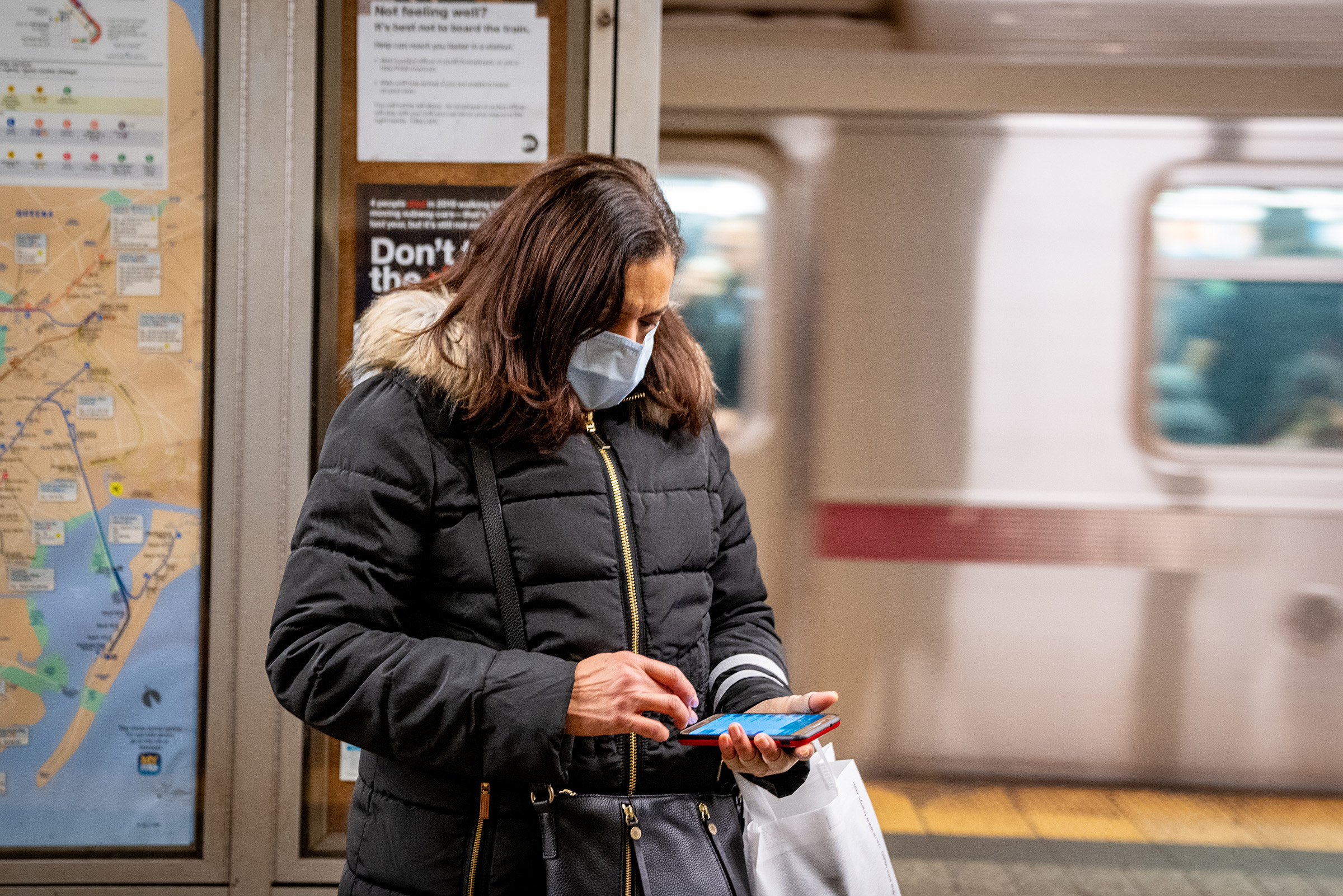
Although it is true that men represent a higher percentage of the positive cases and deaths from the virus, the unfortunate reality is that women and girls across the world are actually bearing the brunt of this pandemic in many different ways.
Women make up the majority of healthcare workers such as nurses and doctors who are working tirelessly on the front lines and are putting themselves at risk in order to combat this virus. Not only is the physical health and safety of many women at risk, many are also at high economic risk. In Canada, women make up 59% of minimum wage workers in bars, restaurants, and retail businesses which have been hit extremely hard. Women who were already facing the gender pay gap are being hit even harder by the economic fallout of this pandemic.
COVID-19 has now forced schools to close in 185 countries around the world, and when we look at what happened after the Ebola crisis, we can predict that there will be many harsh consequences for women and girls now. For example, it is likely that there will be higher instances of sexual abuse, that girls will be married off as the livelihoods of families are lost, and that many girls will not return to school once they reopen. In addition, during a pandemic all of a country’s health care system is devoted to reducing the spread and treating those who are sick. This often results in sexual and reproductive health care being neglected, and many girls and women will lack access to family planning, menstrual health and maternal health resources. The harsh reality is that during times of emergency and chaos, girls are often the ones who lose the most, and governments and policy makers must consider how we can alleviate these injustices.
Another consequence of isolation that is being observed all across the world is a rise in domestic violence. As families are forced to isolate and stay home, many women are stuck in situations where violence is becoming more frequent and dangerous. This is yet another serious public health crisis that governments must address to ensure that women are safe and able to escape dangerous circumstances.
People with disabilities
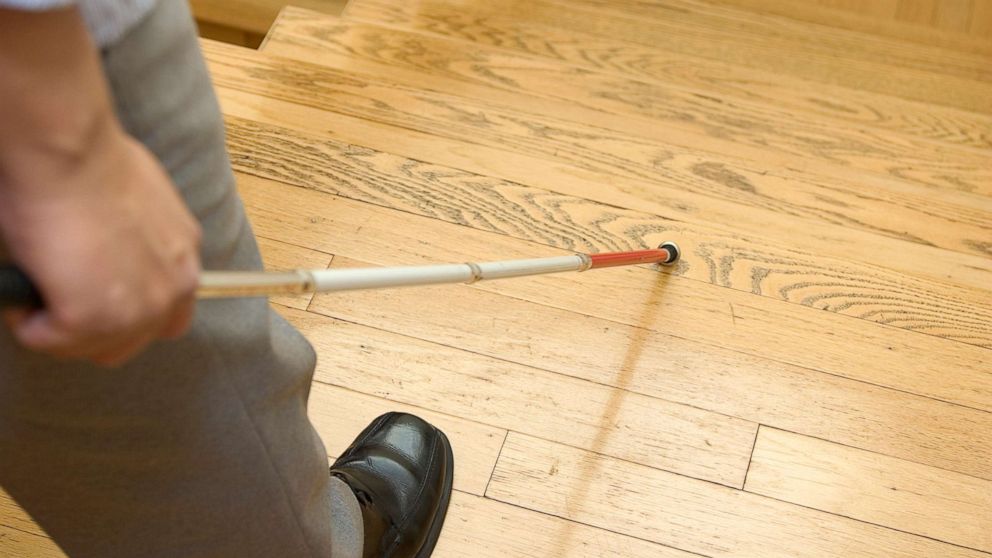
Around the world approximately 1 billion people live with some kind of disability and many of these individuals already suffer from weakened immune systems or chronic illnesses that put them at a higher risk of contracting COVID-19 and dealing with severe consequences from the virus. Self-isolation and social distancing can pose many challenges for individuals with disabilities as many require care around the clock in order to assist them with their day to day living. Many also rely on programs, group homes, nursing homes and other institutional services and it is difficult to keep everyone safe in these circumstances during a pandemic. We cannot leave these individuals behind and support must be put in place to ensure that those who are vulnerable have access to the care they require. Another consideration that needs to be made to support people living with disabilities during this time is to ensure that all information and news is accessible to everyone. This includes using sign language, captioning, text messages and more to ensure that everyone is able to access essential public health information.
People who are homeless
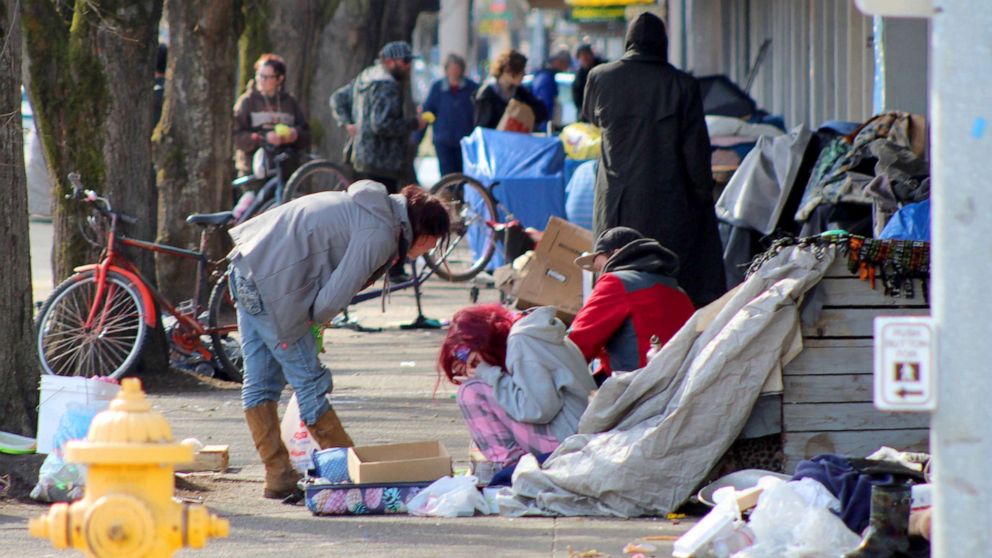
Although being forced to stay at home is hard and most certainly a major inconvenience, many of us take for granted that we actually have a home to isolate ourselves in. On any given night in Canada alone there are approximately 35,000 Canadians living on the streets. These individuals are particularly vulnerable to COVID-19 since many experience tri-morbidity: the co-existence of mental, physical and addiction issues. In order to combat COVID-19 the government and public health officials are encouraging Canadians to use proper hygiene and practice social distancing by staying home as much as possible and staying 6 ft apart from people. This is not feasible for people who are homeless and it is crucial that these individuals are considered when decisions and policies are made. Some areas have begun turning community centres, hotels and other vacant buildings into emergency housing for these people but more must be done to deal with this situation. It is crucial that homelessness is seen as a priority when tackling this pandemic and solutions must be put in place quickly.
People with mental illness
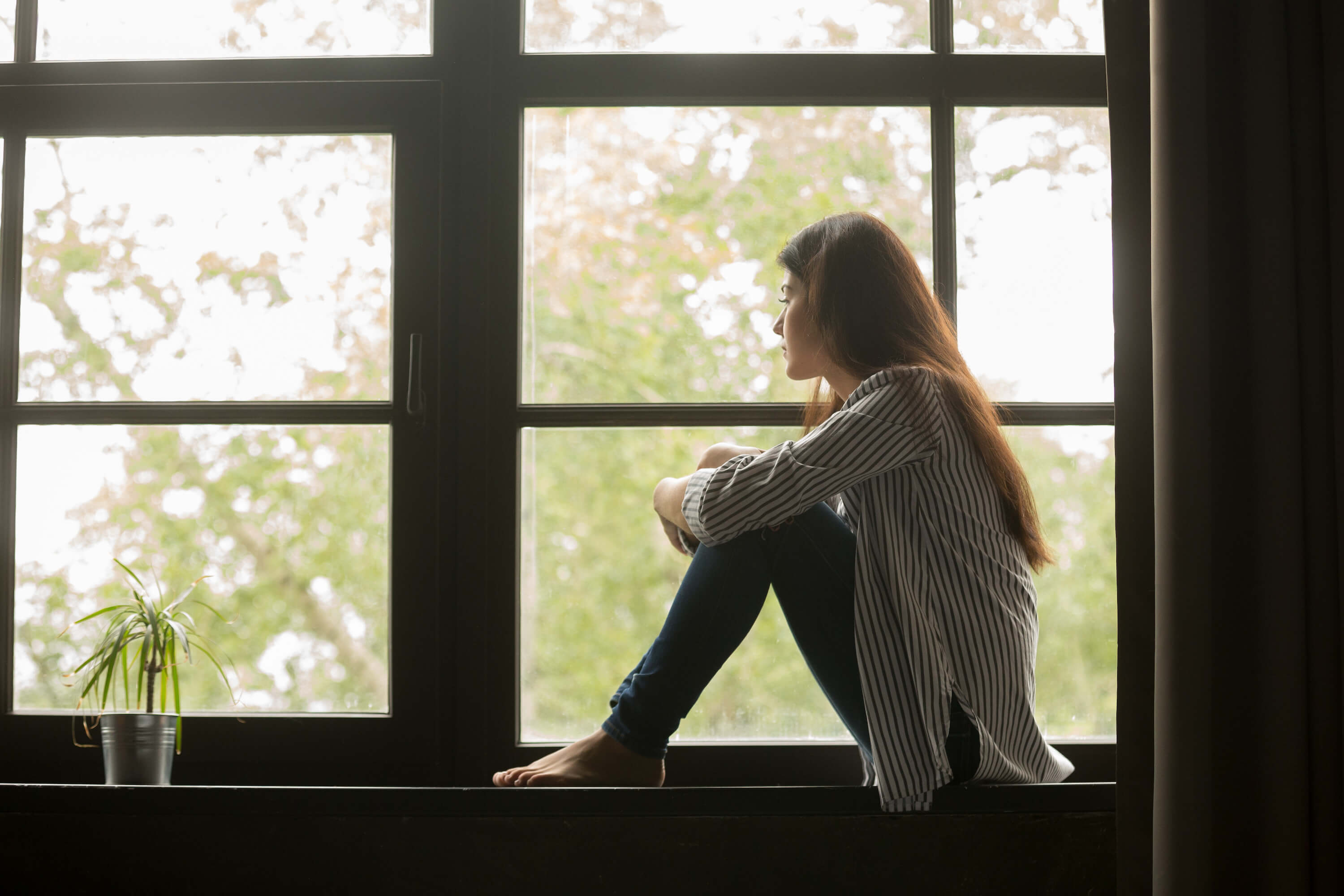
Another group that is being particularly impacted by social distancing and self isolation are those who struggle with mental illness. Many mental illnesses such as anxiety, depression and eating disorders thrive in isolation and being forced to stay inside can exacerbate a problem that is already debilitating. The suicide rate in the United States has been rising every year for the past twenty years and it is scary to think about how this pandemic will affect that. While it is crucial to address the physical toll that the coronavirus is taking on our world, we also need to take action to prevent a different public health crisis from emerging. Canada’s Public Health Agency has many resources for identifying and managing the physical symptoms of coronavirus, but what about the mental health side effects that so many are experiencing? It is essential that more resources are made available for Canadians who are struggling during these uncertain and stressful times.
Resources:
Below is a list of resources and helplines so that you or anyone you know who is in need can find help and support should you need it.
- Health concerns:
- If you are concerned you may have symptoms of COVID-19 you can call Telehealth Ontario to get medical advice at 1-866-797-0000
- Domestic violence:
- Mental health support
- If you need immediate support, Kids Help Phone is always there for you 24/7 from anywhere in Canada, via phone or text
- This link from Jack.org provides a list of online resources for youth mental health support during COVID-19
- Crisis Services Canada provides 24/7 support that can be found at this link
- Homelessness
- If you are a youth (age 16-24) who urgently needs a safe place to sleep, call Youth Without Shelter’s emergency shelter at 416.748.0110. Press 0.
It is clear that there are many groups of people around the world who are particularly suffering the consequences of COVID-19. It is so crucial that more action is taken to address these concerns to ensure that everyone is able to access the care and resources they need during these extremely challenging times.
My heart goes out to everyone struggling during this time – please stay safe and healthy! ♡
– Diviya

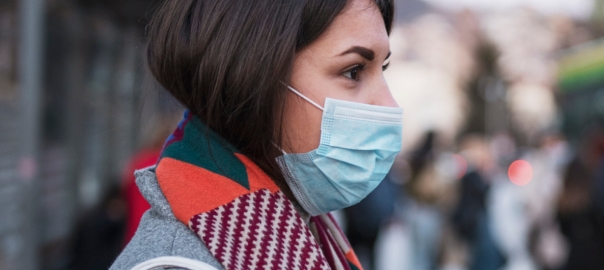






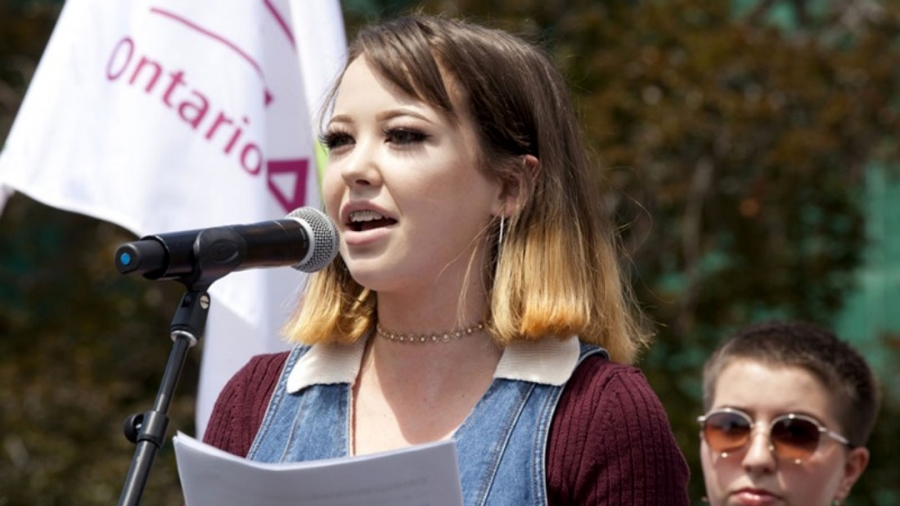










 The #MeToo movement was born in 2006 when civil rights activist Tarana Burke founded Just Be Inc, a program to support and empower young victims of sexual violence who live in marginalized communities. Tarana Burke is currently the Senior Director at Girls for Gender Equity, and her work has focused heavily on ensuring that women of colour whose voices have been silenced in the past are truly heard.
The #MeToo movement was born in 2006 when civil rights activist Tarana Burke founded Just Be Inc, a program to support and empower young victims of sexual violence who live in marginalized communities. Tarana Burke is currently the Senior Director at Girls for Gender Equity, and her work has focused heavily on ensuring that women of colour whose voices have been silenced in the past are truly heard.








